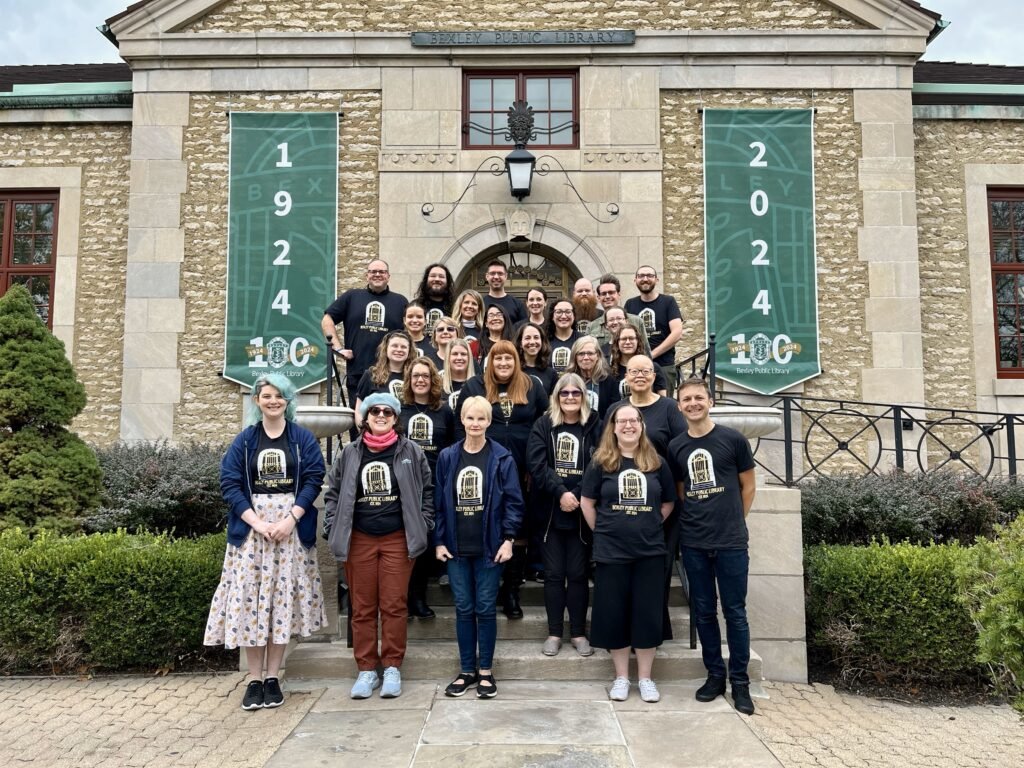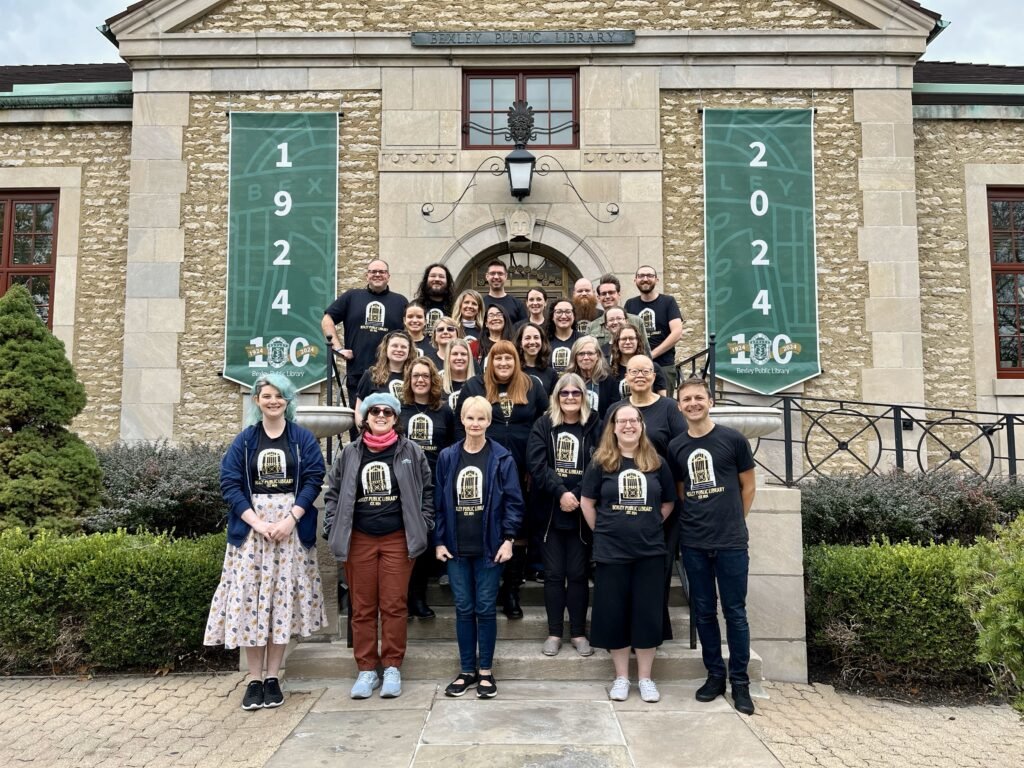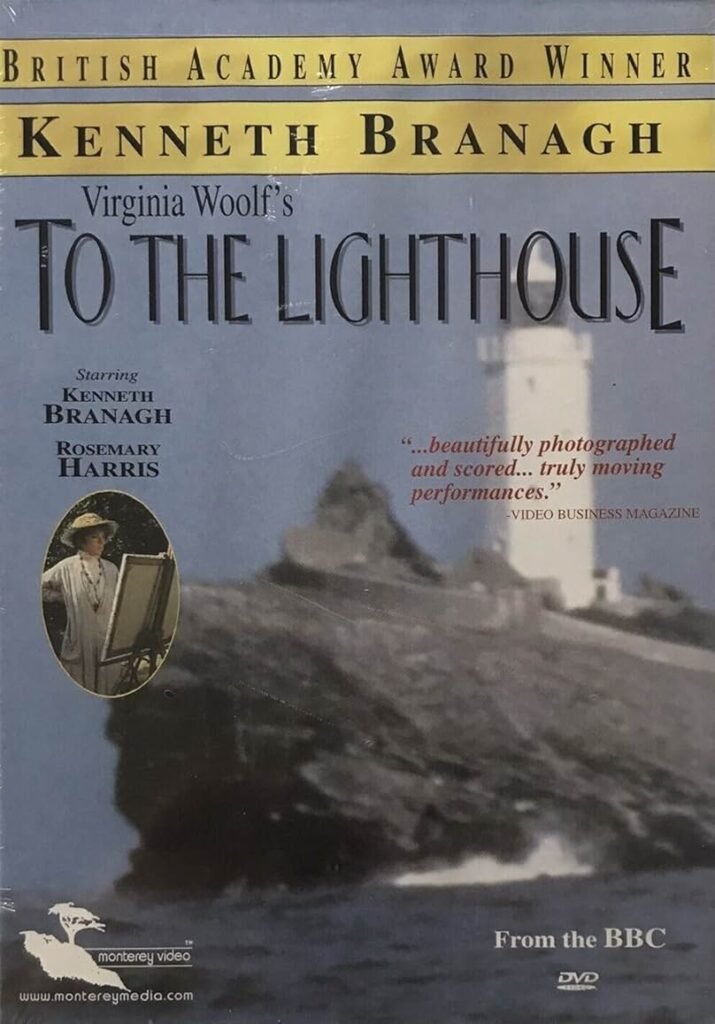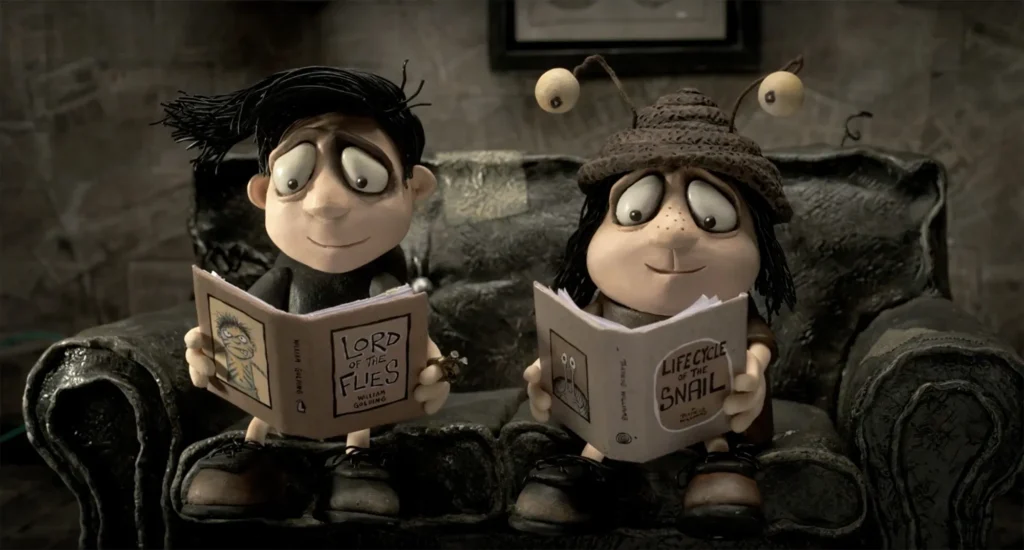by Adult Services Manager Josh

New Years is my absolute favorite holiday.
Here are some reasons why:
- I love celebrating with whoever I choose.
- I love reflecting on the year I’ve had and making resolutions to better yourself (not many holidays can boast that).
- I love watching all the other countries, whose time zones are ahead of us, celebrating.
- I love counting down to midnight.
- I love the weird ball of lights slowly descending (although I have notes for improvement here).
- I love kissing my partner after yelling “HAPPY NEW YEAR!”
- I love the bubbles from champagne tickling my nose as we all toast.
- I love flipping the new calendar, trashing the old, and moving forward.
- I love dedicating myself to saying “I can’t believe it’s [current year here] already,” and writing the wrong year on every piece of paperwork I touch for 6 weeks.
Right now, I’m in the reflection stage of the year. Looking back at my 2025 new year’s resolutions and pondering what went well, what didn’t, and how I can change for 2026. One of my 2025 resolutions was to watch more movies, and I wanted to share some things I learned about myself through a simple and, let’s be honest, very easy new year resolution.
I watched 75 movies this year, which is about 1½ movies a week. Let me make a few excuses as to why I didn’t watch more: My kids, whom I love deeply, make uninterrupted movie time rare. A second is my lovely wife, who has almost the exact opposite tastes as me. The center of our movie Venn diagram is so slim and well exercised, I knew I couldn’t count on watching a wide range of movies with her. Lastly, on most nights, by the time the house is quiet, my brain is too tired for a two-and-a-half-hour commitment, so I gave myself permission to pause movies and pick them up the next night, something younger me would have never allowed.
I found myself gravitating towards certain directors or styles and building on them. I’m one to randomly put on a movie and commit. As I mentioned, not a lot of free time in my life, so I really need each movie to be a home run.

I started by watching and rewatching the films of the Coen Brothers. This was a delight and gave me a great excuse to experience some of their earlier work I’d never seen, including Blood Simple, Raising Arizona, and Miller’s Crossing, as well as revisit old favorites like The Big Lebowski, No Country for Old Men, O Brother, Where Art Thou?, and Inside Llewyn Davis. I also gained a new appreciation for movies I didn’t quite “get” the first time around, like Barton Fink and A Serious Man.

From there, I fell into early cinema and the work of Buster Keaton. Standouts include Sherlock Jr., which I would argue is his best and contains some of the most astonishing stunts ever put on film. Another favorite was One Week, a 23-minute short about a newlywed couple assembling a kit house as a wedding gift. What I love about these films is that they’re short, rarely more than 70 minutes, and often either in the public domain or available on Kanopy. Among other early and silent films, The Passion of Joan of Arc left a deep impression. It’s a movie that appears on countless “best of” lists, and for good reason. It features one of the most emotional and intimate performances in silent film history.
Along the way, I started noticing patterns and lessons emerging.
Lessons learned:
- The Before Trilogy. The spark between two people is so magical. Do everything you can to keep that! Start by hugging everyone around you a little tighter and longer.
- Buster Keaton. Truly great humor is timeless. No dialogue needed!
- Coen Brothers. The world is chaotic and doesn’t make sense most of the time, but that’s ok.
- Greta Gerwig. Sometimes you can’t pick a life, you just have to wait for it to pick you.
I also noticed some movies were in dialogue with each other. Seemingly presenting arguments for each side, allowing me to decide where I fall.
- Institutions and the ideas they represent
- Hail, Caesar! and The Grand Budapest Hotel both contain a single character with tapdancing dialog juggling a million things all at once to try and protect a chaotic institution that gives them purpose. They do this with charm, intellect, and varying degrees of success.
- On the other side of the spectrum, I watched the 1928 film The Passion of Joan of Arc where the conflict between the church’s authority and her spirituality are at odds, which shows the institution betraying its stated mission in order to preserve power.
- Living by a code
- Seven Samurai. Living by a code can be so rewarding. Each samurai operates from an internal compass that values honor, sacrifice, and responsibility, even when no one is watching or when there is nothing tangible to gain. It can be so comforting to know exactly where you stand, to have a set of principles that guide your decisions regardless of convenience.
- Office Space. Sometimes that code needs a rewrite. Peter’s rebellion against corporate nonsense is funny because it feels honest. His refusal to keep playing by rules that exist only to prop up a broken system raises the question of whether blindly following a set of codes is actually virtuous. The movie made me think about which rules I follow out of integrity and which ones I follow out of habit or fear, and whether those two things are always aligned.
- Work life balance
- Paper Moon. You can always use help with your job, even if you are a con man. Moses and Addie work best when they recognize each other’s strengths and actually function as a team, which in turn strengthens their father/daughter dynamic. The movie made me think about trying to carry everything instead of accepting help or sharing responsibility. Work doesn’t have to be solitary to be legitimate.
- The Shining. Absolutely work on your unfinished novel, but do not let it consume you. Jack’s obsession is a horrible mix of ambition and isolation. Creative work matters, but not at the expense of the people around you. Also, maybe don’t offload every practical responsibility onto your spouse.
Of course, my resolution to watch more movies resulted in me watching more movies (who would’ve thought?!). What I didn’t anticipate was how much a steady diet of art would quietly work its way into my everyday thinking. These stories helped me sharpen my sense of what I value and what I’d like to be more intentional about. I wouldn’t say it was inspirational in a grand, sweeping way, but allowed for small calibrations throughout the year, which makes it a pretty successful resolution in my book.








